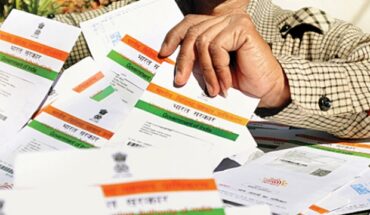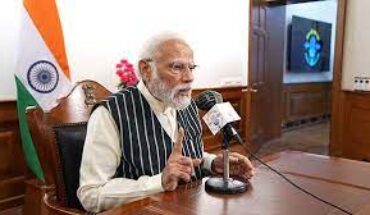The Right to Privacy has now been declared as a fundamental right under the Constitution.
A nine-judge Supreme Court Constitution bench, headed by Chief Justice J S Khehar, has ruled that right to privacy is protected intrinsically as part of rights guaranteed under Article 21 of the Constitution.
Others members of the bench comprising Justices J Chelameswar, S A Bobde, R K Agrawal, R F Nariman, A M Sapre, D Y Chandrachud, S K Kaul and S Abdul Nazeer also shared the same view.
The judges also acknowledged there must be restrictions within reason on individual privacy
The court said the right to privacy emerges primarily from the guarantee of life and personal liberty; elements of privacy also arise from freedom and dignity guaranteed by the fundamental rightsIt is a watershed moment, NDTV quoted Sajan Poovayya, a petitioner in the case, as saying. “Whatever the state decides will be checked and tested on that basis. The powers of the state are curtailed to some extent,” he reportedly said.
Rejecting the government’s stand, the court said that the “refrain that the poor need no rights is used through history to violate rights.”
Udayaditya Banerjee, one of the lawyers who fought for the petitioners, reportedly said: “The judgement has stated the obvious, that we have a fundamental right to privacy.” Banerjee was quoted as saying that the petitioners were worried that the Aadhar scheme, which requires people to share their details including biometric data, held the potential of a “surveillance state”.
Today’s judgement says nothing on the impact on the Aadhaar scheme, which is being heard by a smaller bench. “The verdict will help us in the Aadhaar case,” Banerjee reportedly said.
According to another petitioner, R Chandrasekhar, citizens will be protected against the misuse of information.
The order is likely to have a bearing on several other cases, including one challenging Facebook’s access to details of Indian WhatsApp users as a violation of privacy, media reports said.
Now a verdict restoring a ban on gay sex can be challenged in the light of the latest verdict. The privacy ruling may also affect the DNA-Based Technology Bill 2017 to allow the government to set up a DNA databank and use data for forensic purposes, which has raised concerns about privacy, media reports pointed out.






